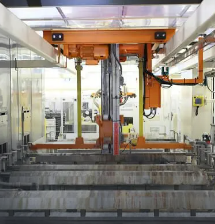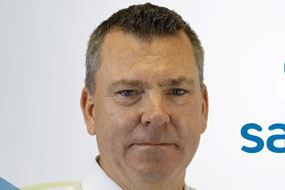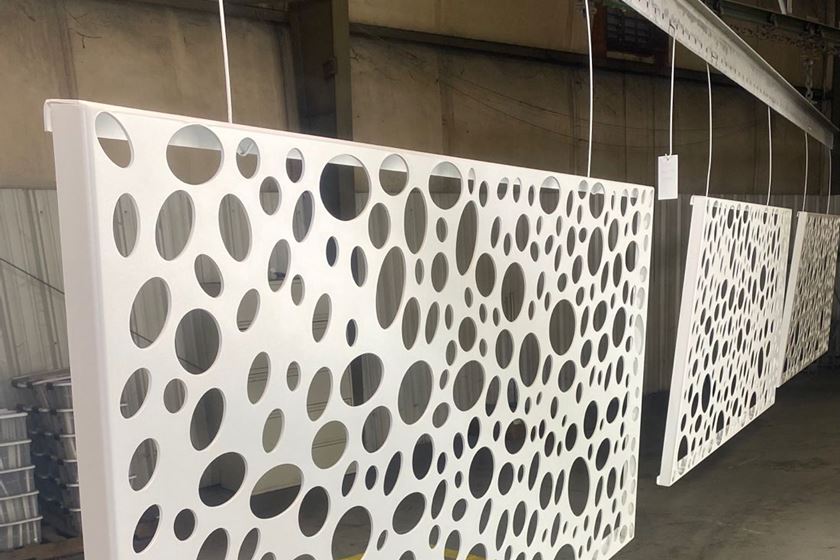General Magnaplate Closes California Plant After 36 Years
Cites difficult business conditions in California, and the settlement of a potential lawsuit threatened by the Santa Barbara-based Environmental Defense Center.
#military #masking #sustainability

Candida Aversenti, CEO of General Magnaplate
General Magnaplate is closing its Ventura, California, facility after 36 years and will serve customers from its Texas and New Jersey operations.
Featured Content
Candida Aversenti, CEO of General Magnaplate and daughter of founder Charles Covino, said there are two reasons for the facility closure: difficult business conditions created by the state of California, and the settlement of a potential lawsuit threatened by the Santa Barbara-based Environmental Defense Center (EDC), which claimed that General Magnaplate had violated the Clean Water Act, which the company denies.
“The simple fact is that the state of California does not provide a business friendly environment,” Aversenti said. “Increases in workers compensation costs and government regulations — combined with predatory citizens groups and law firms that make their living entirely by preying on small businesses — have left us with no other choice but to shut down our California facility. This is in stark contrast to our New Jersey and Texas facilities, which are flourishing in small business-friendly environments created by the respective local governments and environmental agencies.”
The EDC claimed that General Magnaplate was discharging polluted storm water into the Santa Clara River, which General Magnaplate President Edmund Aversenti flatly denied.
“General Magnaplate is not in violation of the Clean Water Act and ongoing investigations suggest that the alleged polluted storm water runoff from our facility actually came on to our property from neighboring properties exempt from CWA compliance,” he said. “We have agreed to settle with the EDC for purely economic reasons. This is particularly upsetting given that we have a strong Storm Water Pollution Prevention Plan in place at the California facility, and have contracted consultants to insure that we are in compliance.”
RELATED CONTENT
-
Recovery/Recycling Methods for Metal Finishers
A guide to lowering pollution and recovering valuable process constituents.
-
Better Alloy Control of Alkaline Zinc Nickel Baths
The factors that influence nickel content in deposits from alkaline non-cyanide zinc nickel baths.
-
Cleaning Magnesium
Question: What is the recommended chemical cleaning process and composition prior to electroless nickel plating for magnesium?


















